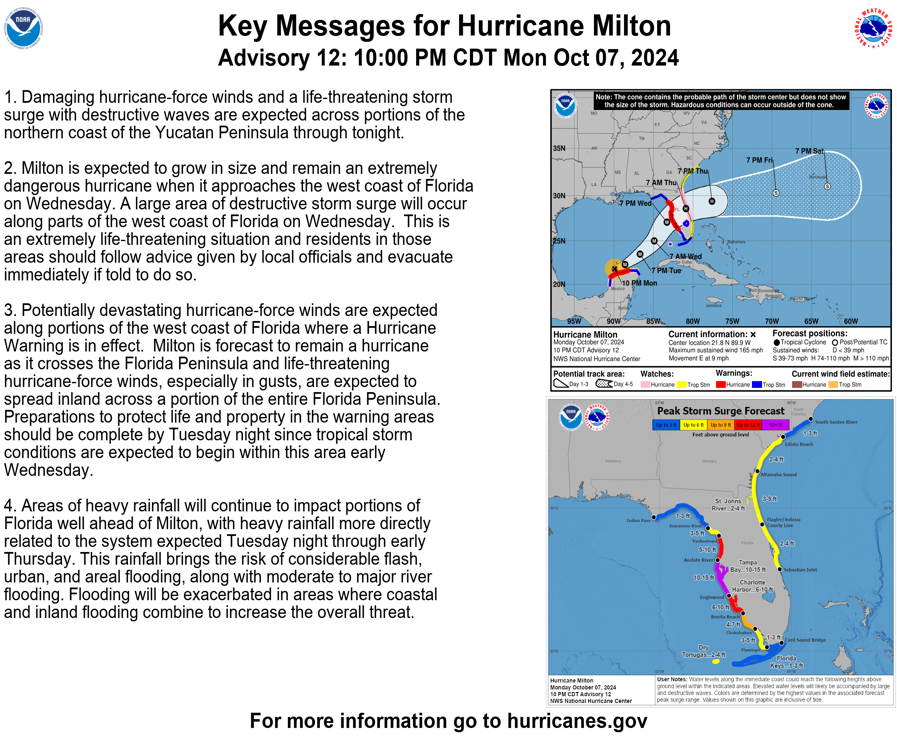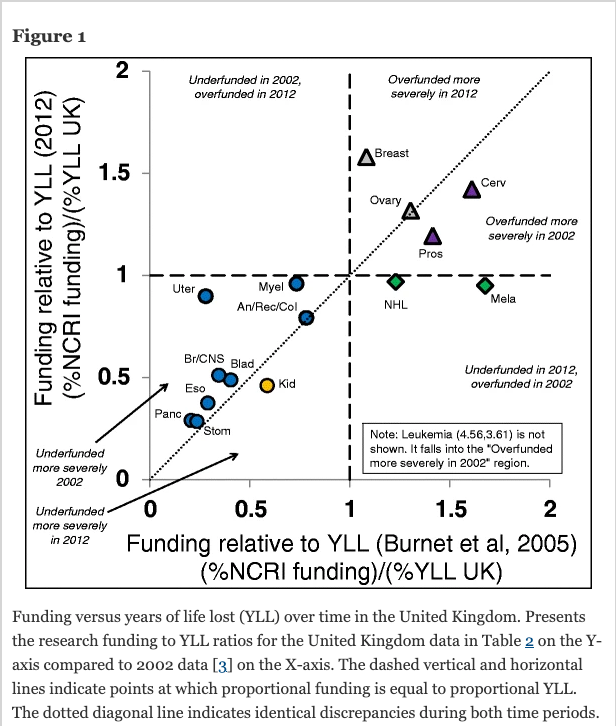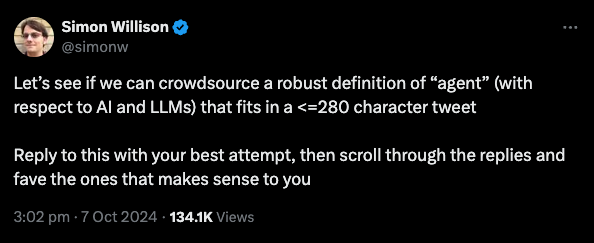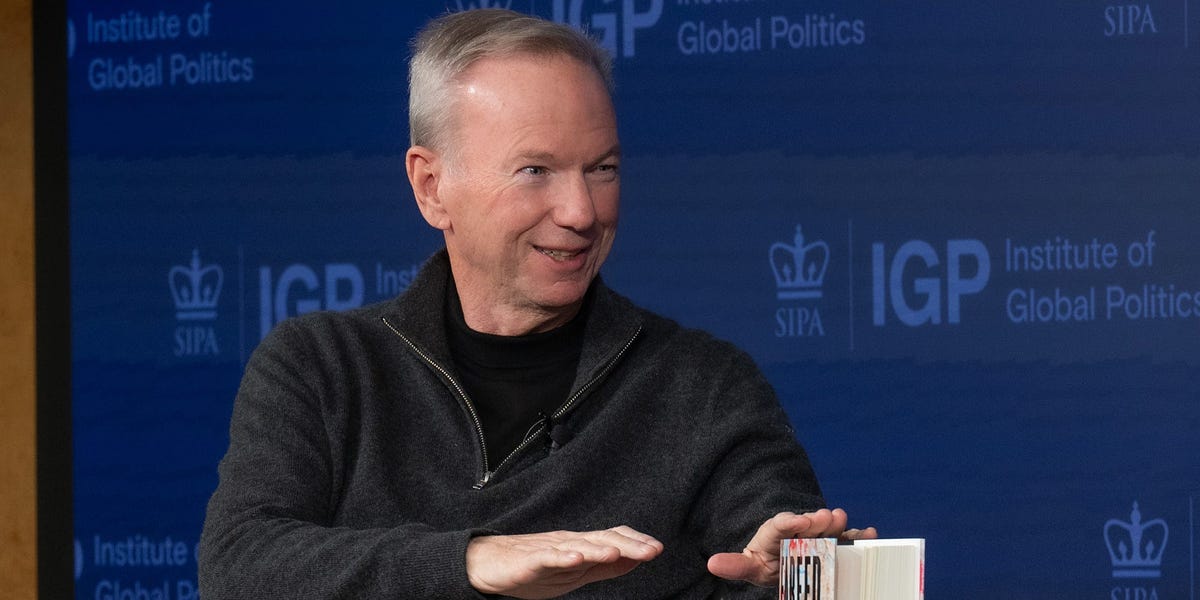One day in and a potential purpose for this outlet. Emptying my head of things seen after waking.
A new hurricane heading for Florida (Milton). Horrific for everyone nearby and with loved ones in that area. Orders of magnitude worse for anyone recovering from impact of Helene. Possibly, after a rapid upgrade to category 5, downgrading before landfall. Massive Florida evacuation underway.
All links and snippets are either from NOAA (the National Oceanographic and Atmospheric Agency), or FEMA (the Federal Emergency Management Agency). Bodies that may well fall victim to dramatic cuts under a Trump administration.

His is a small government, low regulation, low tax, low public spend party. Undeniably true whatever you make of Project 2025 reporting.

Under the 2016 to 2020 Trump government there were dramatic cuts to agency funding, mass layoffs, executive appointments to senior roles without appropriate approvals, and a huge number of roles unfilled. Every organisation accumulates chaff over time. This was selectively debilitating. It also salts earth for a new administration by shedding institutional knowledge and memory.
There is a parallel in cancer research. You need a certain level of funding to retain specialists, maintain tools and premises, and sustain research. You need some stability to build on lessons learned and train successor staff. A period of deep cuts can gut research teams and facilities, creating a ratchet effect of huge cost to buy back to the point you can start constructive work, sometimes permanently losing specialists to other more stable departments or fields. It's one mechanism at play with hard to treat diseases like pancreatic cancer. Stuck at mainly single digit 5yr survival for 40+ years.

The tough path to progress doesn't encourage great funding (links to the 2015 comparison of UK and US cancer research as image source). Sporadically good funding results in that ratchet effect. On the cusp of an early diagnosis or immunological breakthrough? Money moves away to research with easier to evidence wins and progress. Quite the parallel to federal / state emergency research, emergency response, emergency response preparations, and emergency avoidance or mitigation (where feasible). Similar to pandemic preparation.
All such things suffer dramatically from lack of transparency, poor data, and poor public relations. That is without factions that want to discredit research bodies or charities intentionally. People who spread fear, lies, half-truths, and distracting anecdata that can drown out essential information.
What kind of people would do that for cancer research? Flipping that question: What kind of people would do that for an on-going emergency response?
One of the more far-fetched rumors is that Helene was an engineered storm to allow corporations to mine regional lithium deposits.
Others accuse the administration of President Joe Biden of using federal disaster funds to help migrants in the country illegally, or suggest officials are deliberately abandoning bodies in the cleanup.
Republican Congress member Marjorie Taylor Greene posted on X Thursday night: "Yes they can control the weather. It's ridiculous for anyone to lie and say it can't be done."
X (Twitter), formerly a mainstay of real time emergency research, reporting, and notifications is a still somewhat useful, but increasingly a sea of nonsense (source for the quotes above) about weather manipulation, accusations of non-existent federal emergency response ($210 million in federal aid assigned as of 7th October), doubtfully real cheering squads, and proprietorial amplification (both proprietary X algorithms and X proprietor).
Cryptocracy FTW
What on earth has that all got to do with cryptocurrency? A fair amount if you have been paying attention. This is going to be a very brief nod to that. I'll follow up later in a focused post. Trump's Damascene crypto conversion follows a trajectory of other key players. In the UK, notably, ex-PM Rishi Sunak, ex-PM Lis Truss, ex-PM Boris Johnson, and Nigel Farage, all frequenting cryptocurrency conferences and acting as advocates.
Below is Dom Jolly's predictive text for Johnson's speech at a 2022 Singapore blockchain event. Given the general state of my brain this was welcome medicine. Tea may have been spat out.
"Hello folks…ummmm….blockchain….internet thingamejiminy….internetus maximus goodus…ummmm…information highway….shiny and exciting…cheque please!"
This was the link to my morning reading. A lengthy New Yorker Magazine piece on cypto lobbyists who reportedly targeted Rep Katie Porter's campaign as hard as feasible. A calculated shock and awe effort as cautionary tale for other anti-crpto politicians.
Soon afterward, Fairshake began airing attack ads on television. They didn’t mention cryptocurrencies or anything tech-related. Rather, they called Porter a “bully” and a “liar,” and falsely implied that she’d recently accepted campaign contributions from major pharmaceutical and oil companies. Nothing in the ads disclosed Fairshake’s affiliation with Silicon Valley, its support of cryptocurrency, or its larger political aims.
The group’s backers didn’t care all that much about Porter. Rather, the person familiar with Fairshake said, the goal of the attack campaign was to terrify other politicians—“to warn anyone running for office that, if you are anti-crypto, the industry will come after you.”
A fascinating foil for other recent stories about ambitions for government-free state creation. This is not, at base, about blockchain technology. That, in cryptocurrency form, is hugely resource hungry and incredibly volatile as an investment, but not an inherently bad thing (always open to debate that). It is about how you use it. There are people building incredible things with blockchain underpinnings, things that are a nett good for humanity. This is about power imbalances, knowledge imbalances, and a concentration of people associated with such markets who really don't like much about governments and public services.
AI to Fix the Climate Crisis?
Which brings us on to AI agents or agentic AI (roughly the same thing). Again not a deep dive. Just flagging a tweet seen this morning. A well known character in the industry asked if people have a decent definition for an AI agent. Hint: They don't. Peoples' views on what AI agents are or are not can vary wildly.

My six cents: An AI agent is a chatbot linked to other systems with login details and permissions to do things. For instance, if you want to book a train ticket, you ask the chatbot to do a multi-step task - find tickets at a certain time on a certain day and book them. It needs to check a site, use an account to put a trip in a basket, use a payment mechanism to pay, access a linked email for confirmation.
That is in personal context, in a business context it might be a customer service interaction. Someone interacts with an IT service chatbot. The back and forth identifies a need for follow up. The chatbot has instructions to trigger another system or piece of code that logs a ticket in the support system and starts a workflow that refers it to a person or specialist system. That response is fed back to the chatbot interaction, or sent on to an email to follow up separately.
Elements of these interactions are successfully spliced together and automated right now. The novelty is the addition of a that generative AI text or voice interaction. It is the extension of what everyone hoped for with Siri, Alexa, and Cortana (remember her?). It is also introducing an enormous amount of threat exposure for layers of mid-range and back end systems as a result of those connections and interactions, for as yet to be proven utility.
This ties us to the general theme via the need to fund, power, cool, and fuel the next layer of innovation advertised to keep this investment wave moving. Babies being flushed with bath water and bath water advertised as life-giving elixir.
During the prior week we also had this from the ex-Google CEO, Eric Schmidt. Tying us back to the hurricanes. AI FTW, he says.

We may as well do fun things and have the right folk make money if the world is going to drown or burn - just paraphrasing. More background on his take:
"Yes, the needs in this area will be a problem, but I'd rather bet on AI solving the problem than constraining it and having the problem," Schmidt said.
In 2022, Schmidt founded White Stork, a defense company that develops AI-powered drones. At a lecture at Stanford University in April, Schmidt said the war in Ukraine had turned him into an "arms dealer." He also said that White Stork would "use AI in complicated, powerful ways for these essentially robotic wars."
The crying shame is there is so much potential here, but it is being drowned out by a blitzscaling hype machine. Folk outside this world have no chance of seeing wood for trees. It is very much being done TO vs WITH them.
Closing Thoughts
We have an awful lot of people, with an awful lot of money, building an awful lot of data centres, that are supporting fossil fuel players to reverse their climate change response targets.
But at least people have been able to repurpose some of the bitcoin mining GPUs.

“The most important thing a regulator can do is match assets and liabilities—match supply and demand,” says Ed Hirs, an energy fellow at the University of Houston. With the deterioration of the state’s fleet of fossil fuel plants, he says, allowing large-scale mining facilities to increase demand on the grid can only “exacerbate the situation” and invite further instability.
In Texas, claims Hirs, crypto mining is primarily an energy arbitrage business, the profitability of which is dependent on the ability to purchase energy cheaply in bulk and sell it back to the grid at a premium when demand is high. These operations are effectively double-subsidized by residents, says Hirs, whose taxes provide both the funds for buying energy from the miners in periods of peak demand and the fees paid to miners for participating in demand response. Hirs likens miners to parasites, calling them “the tapeworm on the ERCOT grid.”
Goodness me what a lot to think through. Hence the new site. Knowledge is power people. Critical thinking is the wiring to translate knowledge into plans and actions. Here's to surveying this landscape and not mentally collapsing under the weight of current shenanigans.
This may be overwhelming (this is just one morning of thoughts provoked) but it won't improve if you vote for chaos agents. Usefully malleable people, willing to do or say anything to protect certain lifestyles, promote certain tech utopian visions, destroy certain democratic checks and balances, defend certain energy interests, erode certain inconvenient human rights... and stay out of jail.
It is not in any way in the interests of a new Trump administration to support the people of the US to gain more knowledge and agency. People distracted by making ends meet, constant media chaos, and rolling crises, are less likely to organise. That, I guess, is the closing statement.
Onwards and upwards on the hope train - that's the direction for next time.


